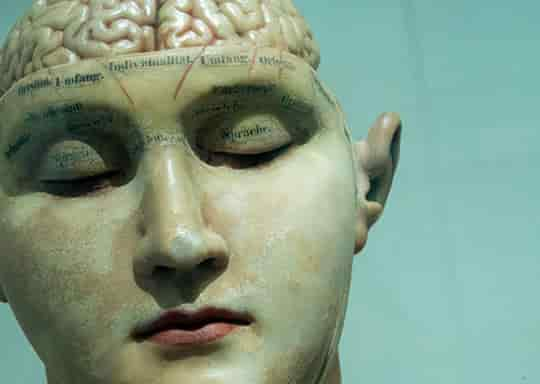The personality trait strongly linked to stress and 11 ways to reduce the toxic emotion.
People who are higher in the personality trait of neuroticism are more susceptible to stress, a large review of the research finds.
Neuroticism is one of the five major aspects of personality — it runs on a continuum from very stable to very neurotic, with most people in the middle of the range.
People higher in neuroticism are at greater risk of depression as they have a stronger response to frustration, threat and loss.
The other four aspects of personality were all negatively related to stress.
In other words, people who are more agreeable, conscientious, extraverted and open to experience are less likely to have a ‘stressful personality’.
Dr Bo Zhang, the study’s first author, said:
“Stress is a significant mental and physical health issue that affects many people and many important domains of life, and some individuals are more likely to experience or perceive stress disproportionately or more intensely than others, which can then play a role in mental and physical health problems such as anxiety or depression.
We found that individuals high in neuroticism demonstrated a relationship with both stressor exposure and perceived stress that was stronger than the other four personality traits.”
The conclusions come from a review of around 300 separate studies on the link between stress and personality.
Neuroticism was the personality trait most strongly linked to stress, explained Dr Zhang:
“The other main personality factors have a link to stress, but it’s not as pronounced as in someone who’s neurotic.
With agreeableness and conscientiousness, for example, it is possible that agreeable people are less likely to encounter stressful situations such as interpersonal conflict because of the tendency to be caring, understanding and forgiving.
Similarly, conscientious people are less likely to experience stress because their good self-regulation abilities can protect them from the encounters of stressful experiences, as well as the negative psychological impacts of stressors.”
Neurotics, though, are more likely to find themselves in stressful situations, said Dr Zhang:
“Neuroticism and stress share common components, so individuals high in neuroticism are likely to play an instrumental role in generating stressors and reacting to a wide variety of events in negative ways, leading to an increased likelihood or chronicity of negative experiences.”
11 ways to reduce stress
Scientifically supported ways of reducing stress include:
- eating a diet higher in fruits and vegetables,
- seeking out ‘flow states’, as they help reduce the effects of stress,
- strolling in nature, which reduces activity in the amygdala, also try adding a little mindfulness to the walk,
- thinking about your romantic partner,
- hug someone,
- sing,
- try mindfulness with hypnosis,
- petting a cat or dog,
- give yourself a foot massage,
- look at trees,
- and listen to birdsong,
The study was published in the journal Personality and Social Psychology Review (Luo et al., 2022).










